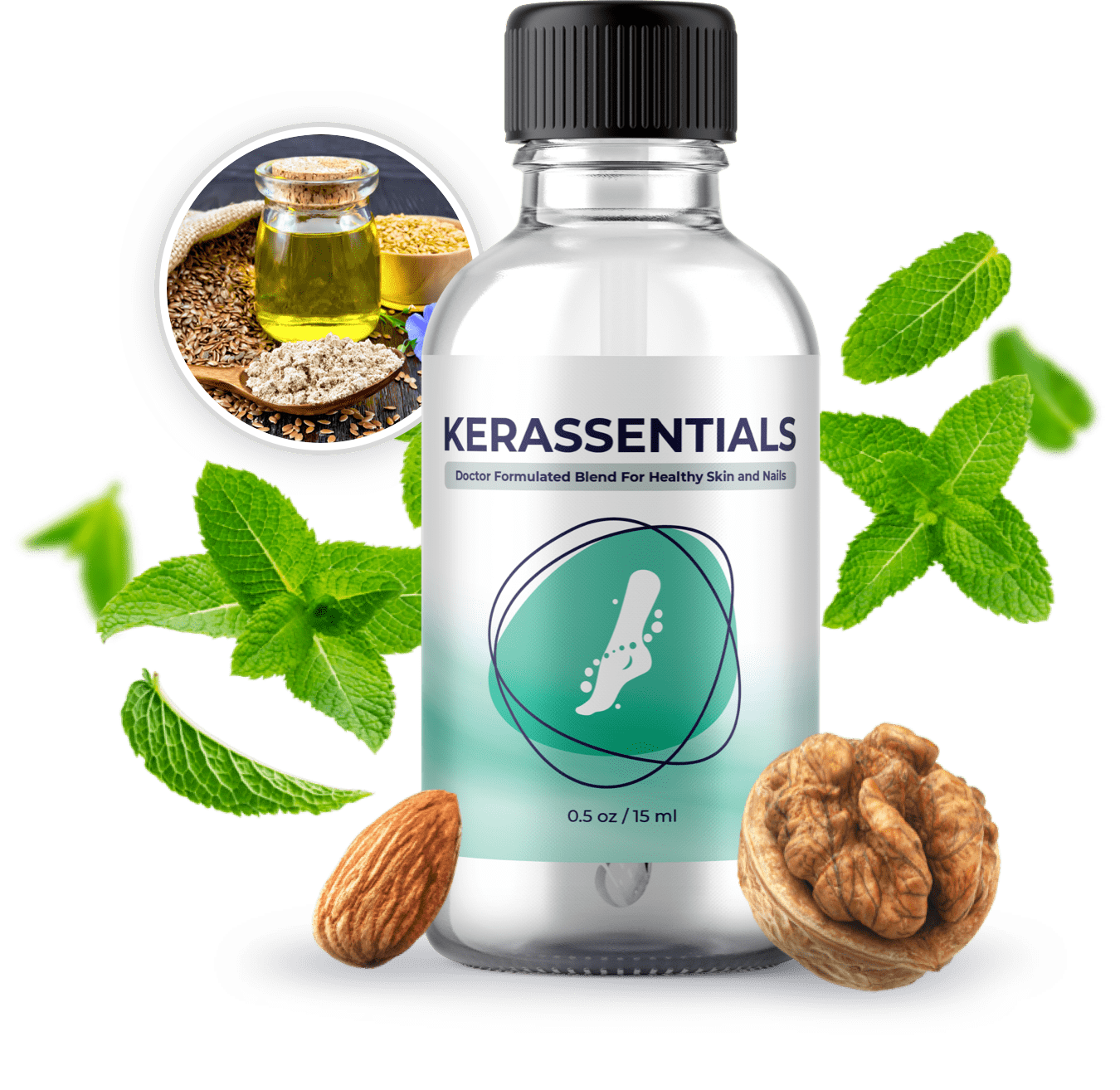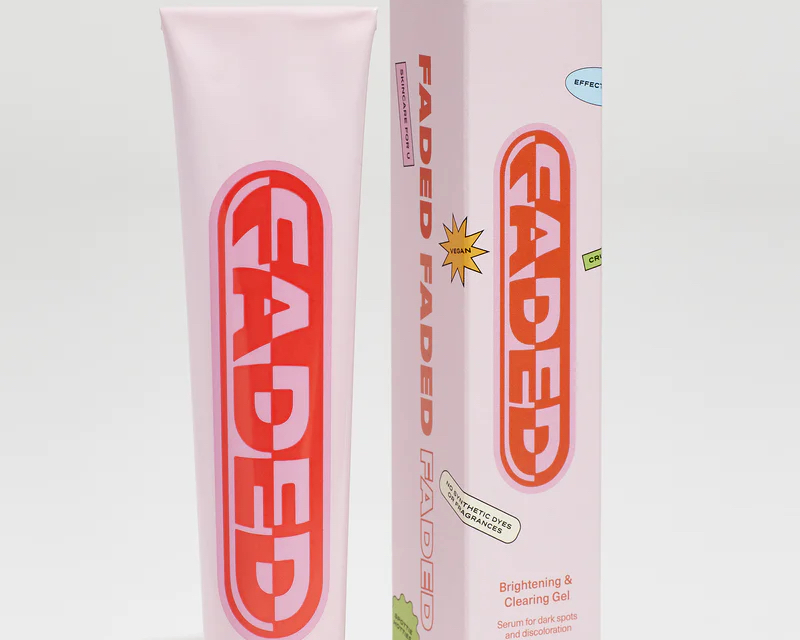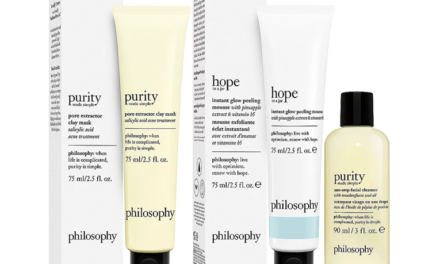At-home spa day, here you come.
There’s a reason your mom taught you to brush coconut oil into your hair or make sugar scrubs in your kitchen sink. Sometimes, DIY, natural remedies work. So, if they can make your hair shiner or your skin smoother, can you also remove acne scars naturally?
Scarring is notoriously difficult to clear up without tougher skincare actives or laser resurfacing, but not all scars are equal. With so many different types of acne come different types of scars—from dark red spots and hyperpigmentation to the kind that leaves texture and divots in the skin.
Unfortunately, your options are limited if you want to remove acne scars naturally. But there are a few things to try depending on what kind of scar you’re working with. Below, we asked dermatologists Aya Ahram, Brooke Jeffy, and Sheila Farhang what natural remedies might make a difference.
What are the types of acne scars?
There are two major categories of acne scars, “those that leave residual color changes of the skin, and those that cause textural changes of the skin,” says board-certified dermatologist Dr. Ahram, and they both present their unique challenges.
Atrophic scars
Atrophic scars are the kind that leave little divots and texture in your skin. And to make things just a little bit more complicated, there are three types of scars under this umbrella: boxcar scars, rolling scars, and ice pick scars. “Boxcar scars are broad, box-like depressions with sharply defined edges,” says Dr. Ahram. “Rolling scars are wide, shallow depressions with sloping edges that give the skin a wave-like appearance. And ice pick scars are narrow, V-shaped scars that extend into the skin.” Dr. Ahram explains they’re significantly more difficult to get rid of because topical treatments can’t penetrate deep enough to lift the skin again. Treating these scars requires dermatologists and in-office treatments like resurfacing lasers.
Hypertrophic scars
Hypertrophic scars don’t leave texture, but they do leave a mark. These scars are more about discoloration, either red (a scar called inflammatory erythema) or spots darker than your skin color (called post-inflammatory hyperpigmentation). These are easier to reduce with skincare or over-the-counter solutions because you’re targeting the outer layer of the dermis.
Can I get rid of acne scars naturally?
All of the dermatologists we spoke to agreed that there are no natural solutions to acne scars that are effective or that wouldn’t make things even worse. “I am not aware of any natural ingredients that will improve scarring once it has occurred,” Dr. Jeffy says. The same goes for old-school home remedies. “I wouldn’t recommend any DIY treatments to treat acne scarring such as lemon juice— or anything else in the vein— as this can irritate the skin,” Dr. Farhang adds.
What is the fastest way to remove acne scars?
If you want to remove acne scars, you’re better off considering prescription-strength retinoids (which stimulate collagen production and cellular turnover, helping your skin heal). “An AHA or BHA can also help keep skin smooth and may reduce scar appearance,” Dr. Jeffy says.
Those ingredients are a great start, but if you’re not seeing a difference or you’re dealing with atrophic scarring, it’s probably time to see a professional. “The fastest way to remove scars is by seeing your dermatologist and starting the correct treatment as soon as possible to avoid lasting hyperpigmentation,” says Dr. Ahram. Outside of in-office treatments (which can be pricey), “they can also help you find products customized to your type of skin and scar.”
Dr. Farhang says that if you want to explore in-office treatments, options like chemical peels, resurfacing lasers, microneedling, and injections are available to help improve the appearance of scarring.
Are there any natural acne scar removal remedies to try at home?
There aren’t any natural acne scar removal remedies that dermatologists can recommend in good conscience. However, you can target your scarring with naturally-derived ingredients in effective skincare, and you can stick to brands that prioritize these ingredients if that’s your primary concern. Here are a few of our pro’s favorite over-the-counter products for treating acne scars:
Dr. Ahram likes this serum to help improve post-inflammatory hyperpigmentation (aka spots of scarring darker than your skin tone) because of its brightening ingredients like azelaic acid. While its ingredients list isn’t primarily botanical naturals, the product is vegan and free of parabens, sulfates, and mineral oils.
“This is a great choice for hyperpigmentation,” says Dr. Jeffy, and is another brand formulated without potentially toxic or irritating ingredients that could help lighten redness from acne scars.
<!– –>
These serum capsules are a plant-based alternative to traditional retinol. They contain antioxidants like carrot root extract (vitamin A), buriti fruit oil (vitamin E), and amaranth (vitamins A and E) — all vitamins that Dr. Farhang says could potentially help with scarring.
Final Takeaway
While there are a ton of DIY natural remedies we love and use in our beauty routines, the best plan of action for treating scars naturally? Talking to a dermatologist. Home remedies containing ingredients like vinegar or lemon juice can do more damage than good (which is counterproductive if clear skin is your end goal). If a trip to the dermatologist’s office isn’t yet in your cards, there’s a handful of effective skincare products (containing naturally derived ingredients) that are a good starting point for treating acne scars.
Recommended Story For You :
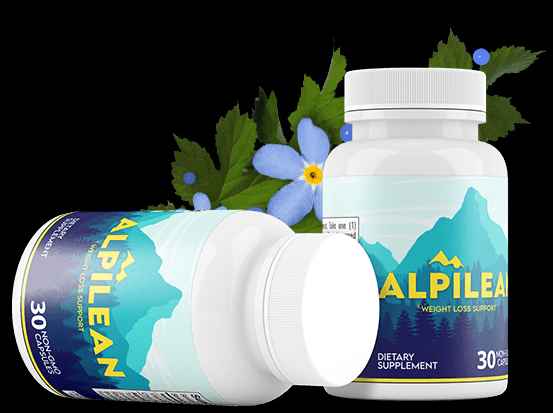
The alpine secret for healthy weight loss

The Most Potent Fast-Acting Formula For Incinerating Stubborn Fat

Real Cortexi Users Real Life‑Changing Results
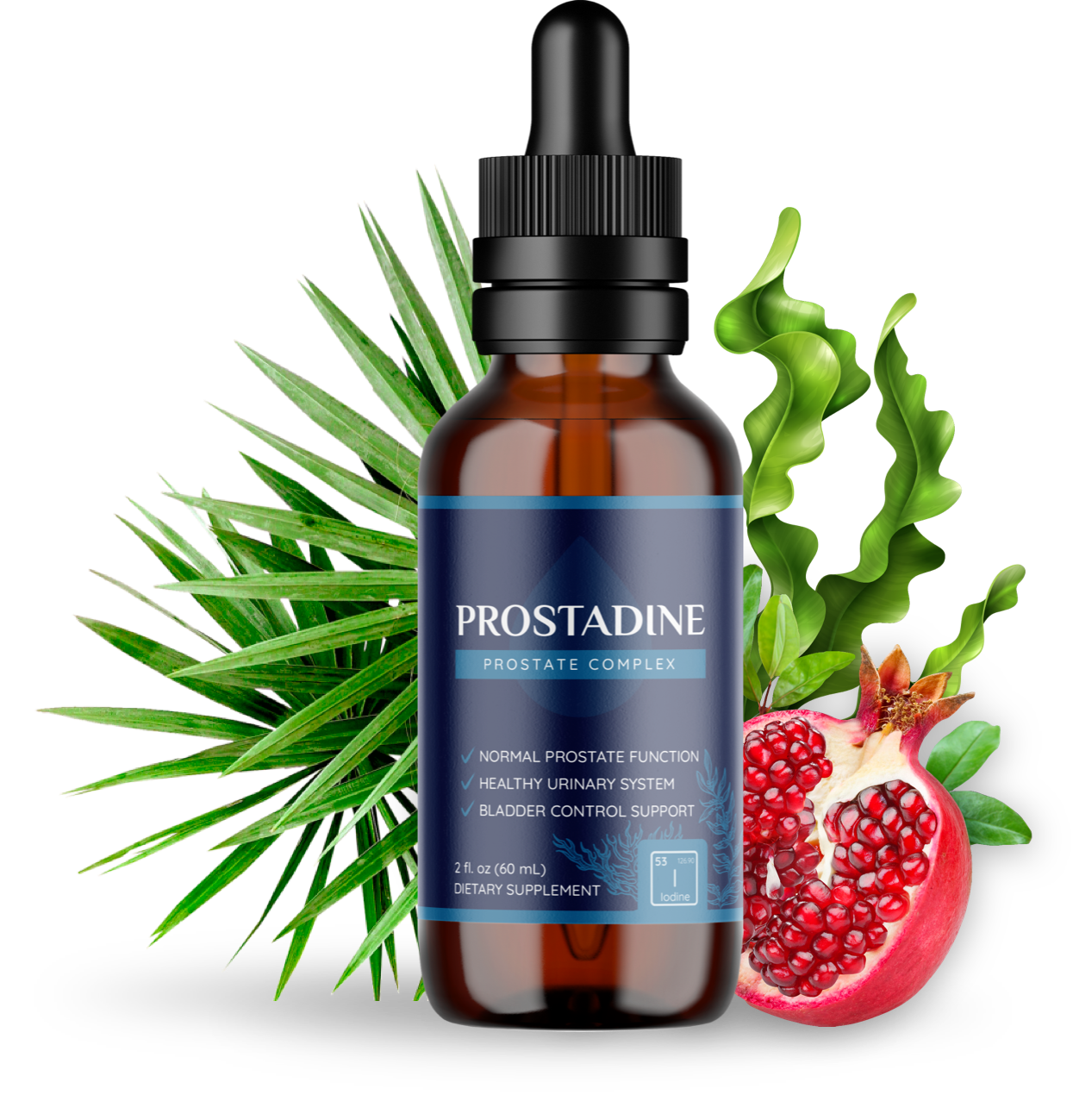
This Cold Drink Might Trigger Your Prostate
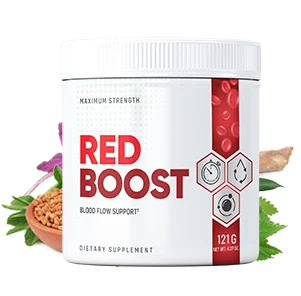
Red Boost is a powerful new formula for boosting male sexual health.
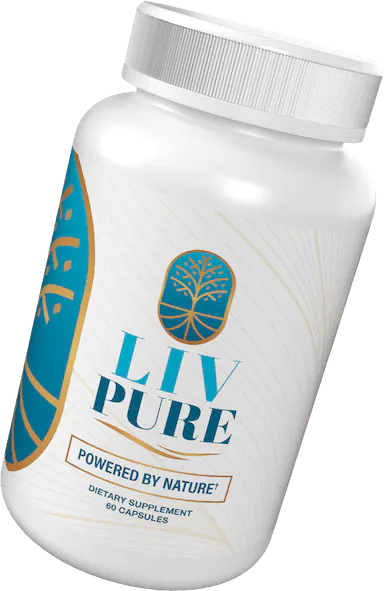
Everything you eat or drink eventually reaches your liver for processing.

Brand New Probiotics Specially Designed For The Health Of Your Teeth And Gums

Empowering You to Take Control of Your Blood Sugar Health!

Scientists Finally Discover the Root Cause of Belly Fat and Unexplained Weight Gain
